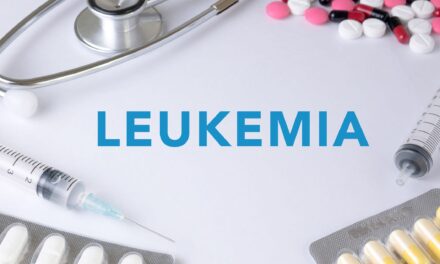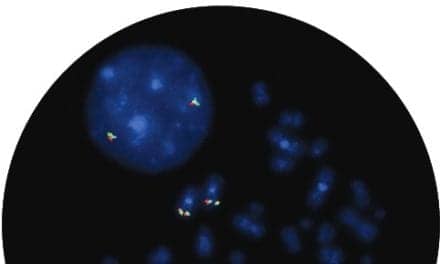Alercell, a molecular diagnostics company aiming to revolutionize therapeutics for unmet clinical needs, with a primary focus on oncology in vitro diagnostic testing, announced an exclusive patent license agreement with Columbia University. Under the license agreement, Alercell will spearhead the development of a novel diagnostic test for Leukemia which uses terminal erythroid differentiation (TED) as a clinically significant indicator for prognostic classification in patients with myeloid malignancies.
The absence of TED is linked to worse patient outcomes, and tracking the number of cells undergoing TED provides information that can augment and improve the accuracy of existing prognostic scoring systems. The license agreement grants Alercell exclusive rights to develop and bring to market certain patented intellectual property conceived at Columbia University by Azra Raza, MD, the Chan Soon-Shiong Professor of Medicine and Clinical Director of the Edward P. Evans Foundation Myelodysplastic Syndrome Center at Columbia University Vagelos College of Physicians and Surgeons, along with the expertise of Abdullah Ali, PhD, assistant professor of Medical Sciences (in Medicine) at Columbia University Vagelos College of Physicians and Surgeons.
Further reading: Blood Test Identifies Acute Myeloid Leukemia Patients at Risk for Relapse
“We are delighted to license this intellectual property from Columbia University,” says Frederic Scheer, CEO of Alercell. “We firmly believe that access to this patent will empower us to propel forward on our mission of developing new tools with the ultimate aim of saving lives. At Alercell, our mantra is ‘knowing before it is too late,’ and licensing rights to the patent aligns seamlessly with our unwavering commitment.”
Alercell’s license agreement with Columbia University marks a stride for Alercell in the realm of cancer diagnostics, reinforcing the company’s dedication to ushering in advancements in the field, the company says.





